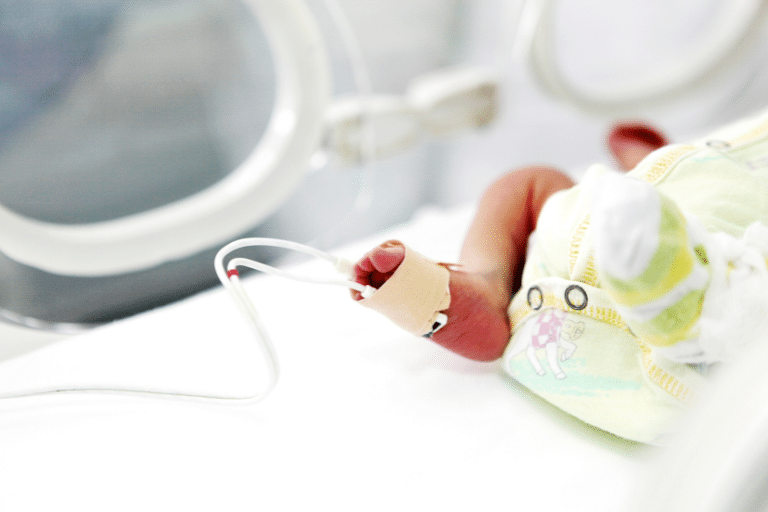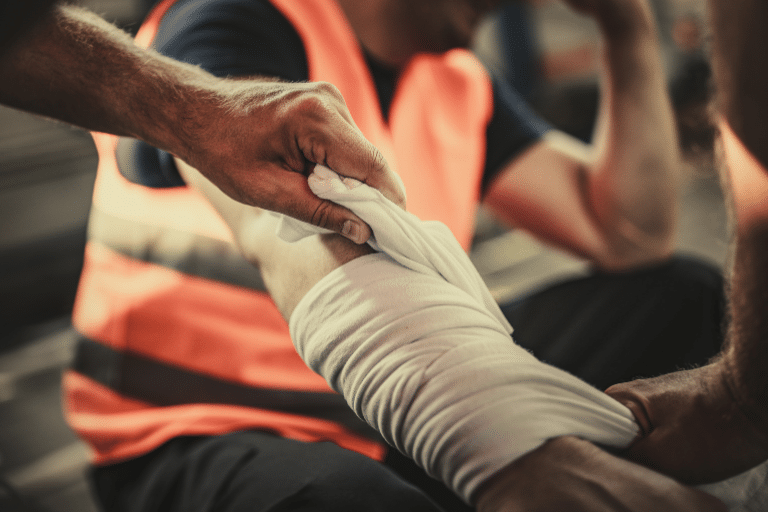Winter can bring festive snowfall—but winter weather often leads to icy sidewalks and driveways, which can cause dangerous falls. If you or someone you know has experienced a slip and fall on icy surfaces, you may be wondering who’s responsible for those injuries.
Property owners have a legal duty to maintain their premises and ensure they are reasonably safe for visitors. This includes taking steps to address hazards like ice and snow. However, the specifics vary depending on where you are and the circumstances of the fall. For example:
- Homeowners: Homeowners are generally expected to clear snow and ice from their driveways, sidewalks, and other commonly accessed areas within a reasonable time after snowfall.
- Commercial property owners: Businesses often have stricter obligations to keep their property hazard-free. Many cities and municipalities have ordinances requiring them to keep walkways clear to ensure customer and employee safety.
- Landlords: If you rent, responsibility for snow removal usually falls to the landlord or property management company, unless the lease states otherwise.
When is a property owner or landlord responsible for injuries?
It’s generally not feasible to keep property completely snow and ice-free, especially during storms—but when does that cross the line into negligence? Courts generally distinguish between hazards that result from natural accumulation (like snow falling during a storm) and those caused by a property owner’s actions, such as failing to salt or shovel effectively. Reasonable efforts—and timing—are key. An owner may not be liable if the fall occurs during a storm or immediately after snowfall, before they’ve had a chance to clear the area.
If you’ve been injured on a slippery driveway or sidewalk, proving liability typically requires showing that the icy conditions were particularly dangerous (not just regular winter weather). You’ll also need to show that the owner knew or should have known about the hazard, and that they did not take reasonable steps to fix the problem.
However, some slip-and-fall cases involve shared responsibility. For example, if the injured person was wearing inappropriate footwear or not paying attention to where they were going, their compensation might be reduced under Ohio’s comparative negligence laws. The parties are both assigned a percentage of fault. If the plaintiff is deemed 15 percent at fault, any money they recover from the defendant is reduced by 15 percent.
Winter weather can be dangerous—so if you’re injured in a slip-and-fall due to icy sidewalks, driveways or parking lots, it’s important to call the Law Offices of Tim Misny right away. We can evaluate your claim and explain your legal rights to recover compensation.
Discuss your accident with an Ohio personal injury lawyer
The Law Offices of Tim Misny can help you with your accident claim. When you’re the victim of negligence or recklessness, I’ll Make Them Pay!® Call my office at (877) 944-4373 so that I can evaluate your case right away.







